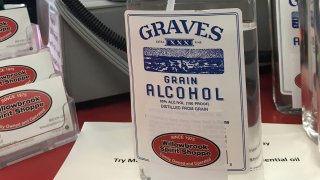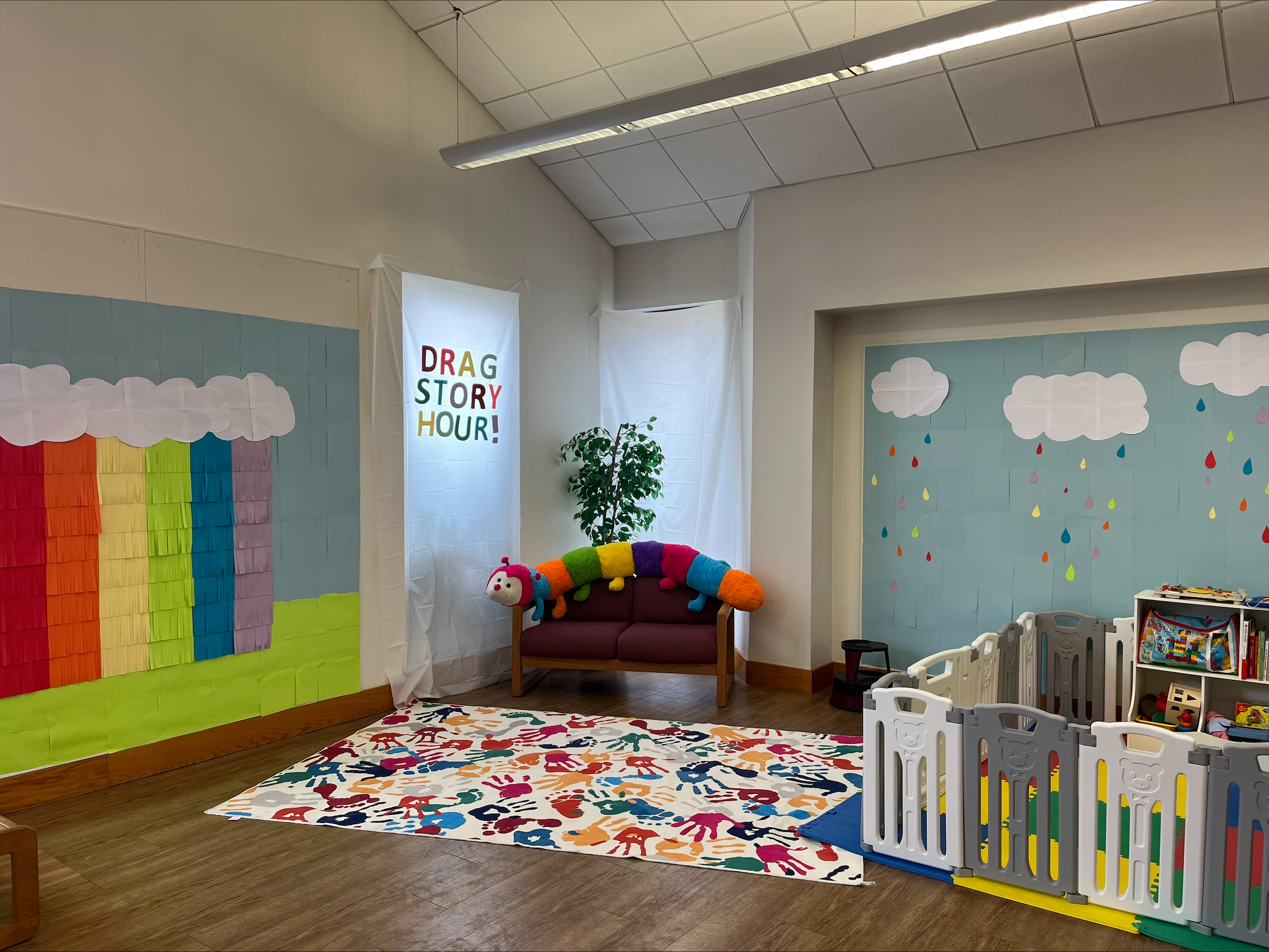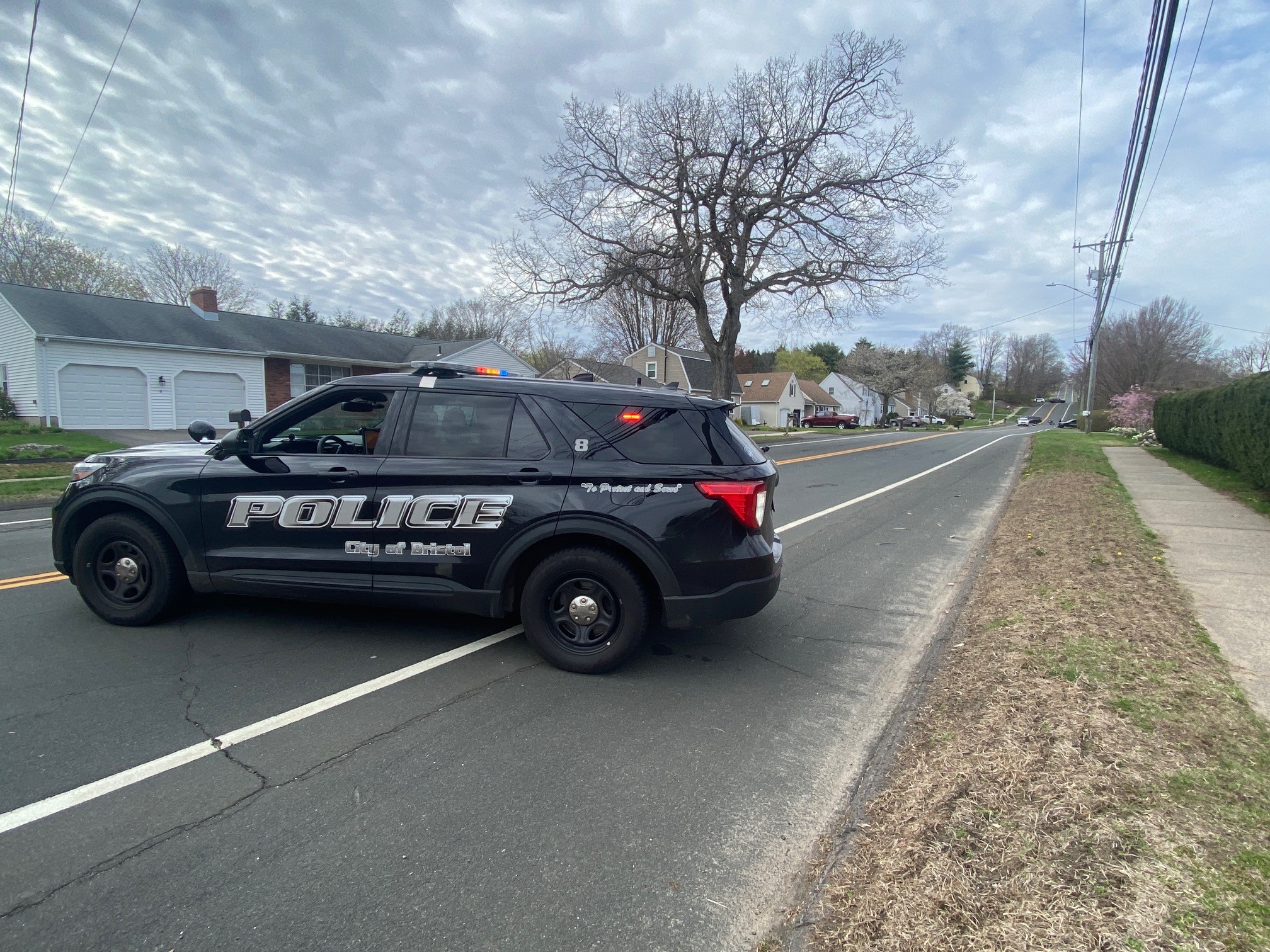
Jay Polke, the co-owner of Willowbrook Spirit Shoppe in Cromwell said his business doubled this weekend, following Friday's announcement that non-essential businesses in the state would have to temporarily close Monday night.
“There was a big surge here. It was like two buses parked outside and all of a sudden all of these people started coming in,” said Polke.
If customers thought liquor stores would be considered non-essential and soon be shutting their doors, they were wrong.
“At the end of the day I knew the state wasn’t going to count out this tax or anything like they, they get a lot of money coming from this,” said Willowbrook customer Jordan Riley of Cromwell.
The office of Gov. Ned Lamont said there’s a medical reason behind the exemption for liquor stores.
“I think the thought process by the governor is that if we do close the liquor stores this could create an unnecessary problem and really cut off a needed resource,” explained Dr. Andrew Lim, the medical director of Bristol Hospital’s Emergency Department.
Lim said cutting off someone who is dependent on alcohol will likely lead to withdrawals and hospitalization.
Local
“Which is medically speaking, a life-threatening problem,” said Lim.
With health officials warning about a shortage of hospital beds across the country, cutting off someone who is dependent on alcohol could burden an already overtaxed healthcare system.
Willowbrook is even selling 190 proof Graves grain alcohol with a nozzle as hand sanitizer.
Liquor stores fall under one of the 16 critical infrastructure sectors, each with dozens of business categories underneath them have been identified as essential. Dentists, medical marijuana dispensaries, gun shops, landscaping services, and religious services for less than 50 people are among the hundreds of business that don’t have to shut their doors.
“Our concerns were keeping our employees getting paid, getting jobs out the door and keeping customers happy,” said Brian Slifer, co-owner of Brothers Auto Body.
Slifer said he was worried his business would be shut down by the governor’s order, but car repair shops have been deemed essential to making sure medical providers can get to work. However, the small quarters of the repair shop make social distancing nearly impossible.
“Some of the techs do have to work hand-in-hand to get the jobs done,” Slifer admitted.
The owners of other businesses, like pawn and smoke shops told NBC Connecticut they’re unsure whether they can stay open.
Andrew O’Bright, the president of the Smoke Free Alternatives Trade Association said that most stores will be performing curbside pickup and/or delivery. He said the shops he consults are working on getting an exemption as an essential business.
Connecticut Economic Development Director David Lehman said the state has received hundreds of requests for exemptions since Sunday and is working to treat every business fairly.
During a news conference on Monday, Lamont explained the process of choosing which businesses have to turn the lights off and which can stay open.
“Why clothing and not hardware, and to me you need a wrench, your pipe is burst, you got to fix it, that’s an essential activity, where you probably ought to be able to get access and you need it. Clothing say, I think you can get that online. We’re trying to do anything we can to discourage people from aggregating in groups up and down Main Street,” said Lamont (D).
Non-essential businesses that stay open face a fine. Lamont suggested owners use common sense if they’re not sure whether to stay open or allow their employees to work from home.
Slifer said he feels for the businesses left in limbo.
“It’s tough, but something we do have to spend some time apart to make this go away,” he said.



